Counting skills Normal Science Worksheets
7 filtered results
-
From - To
Looking to enhance your child's math journey? Our Counting Skills Normal Science Worksheets are the perfect solution! These thoughtfully designed worksheets integrate engaging activities to sharpen counting abilities and boost early math confidence. Ideal for kindergartners and first graders, each worksheet covers essential counting skills through fun exercises, capturing your child's interest while reinforcing their foundational knowledge. Our counting worksheets include vibrant visuals, hands-on tasks, and practical problems to ensure interactive learning and retention. Nurture your little one's curiosity in math today — explore our Counting Skills Normal Science Worksheets and watch them count with joy and precision!
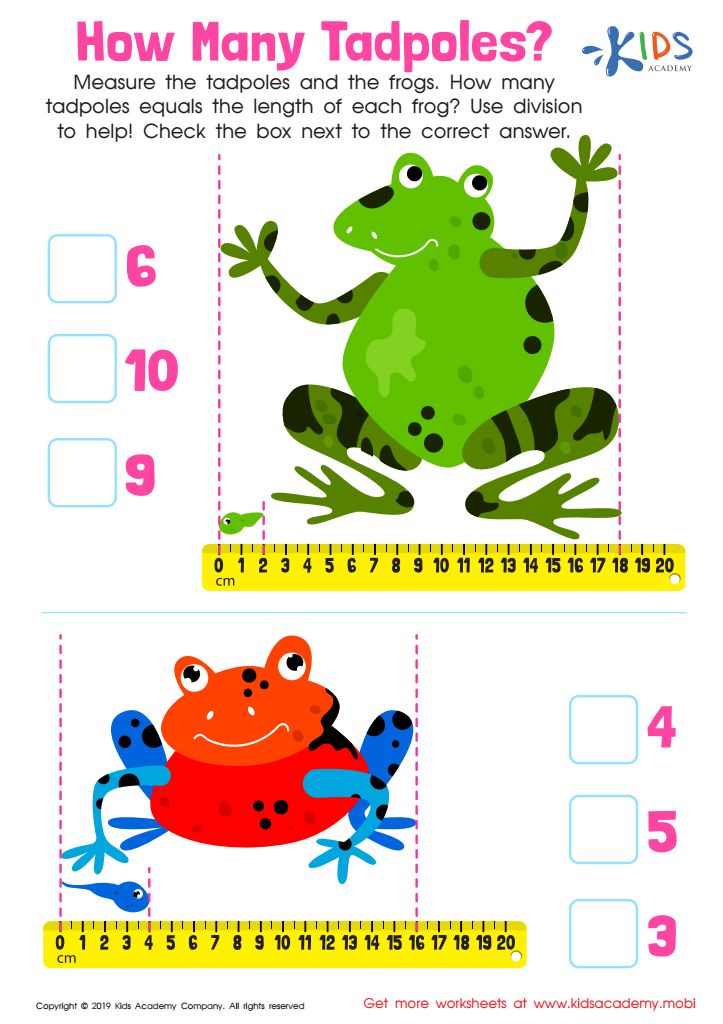

How Many Tadpoles Worksheet


Sort and Count to the Moon Worksheet


African Wildlife: Giraffe Worksheet
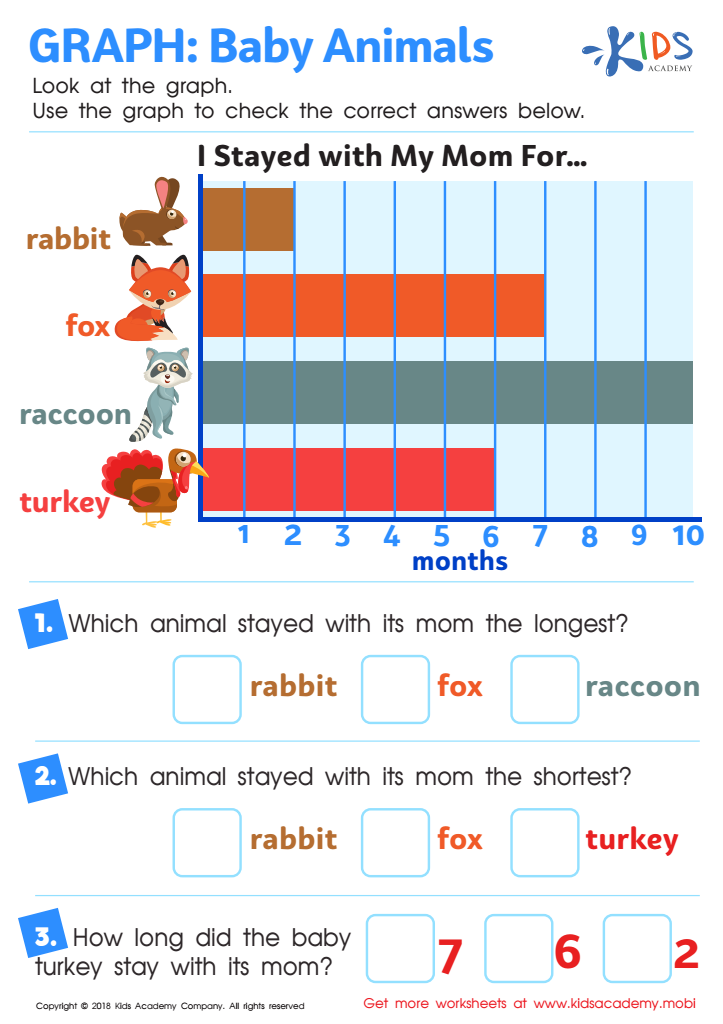

Graph: Baby Animals Worksheet
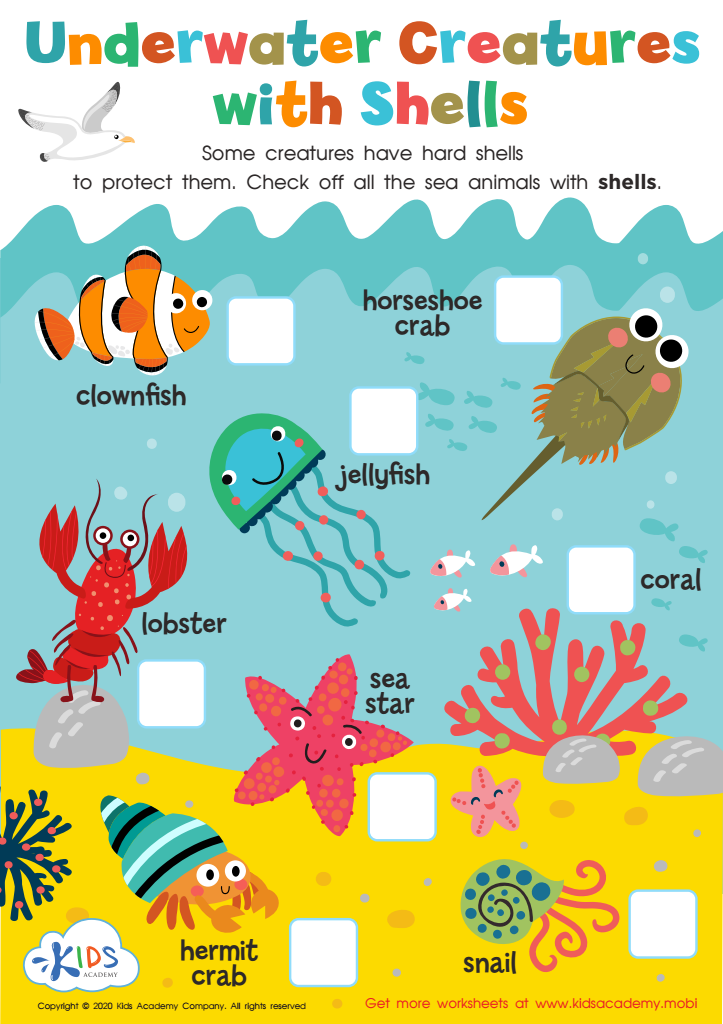

Underwater Creatures with Shells Worksheet
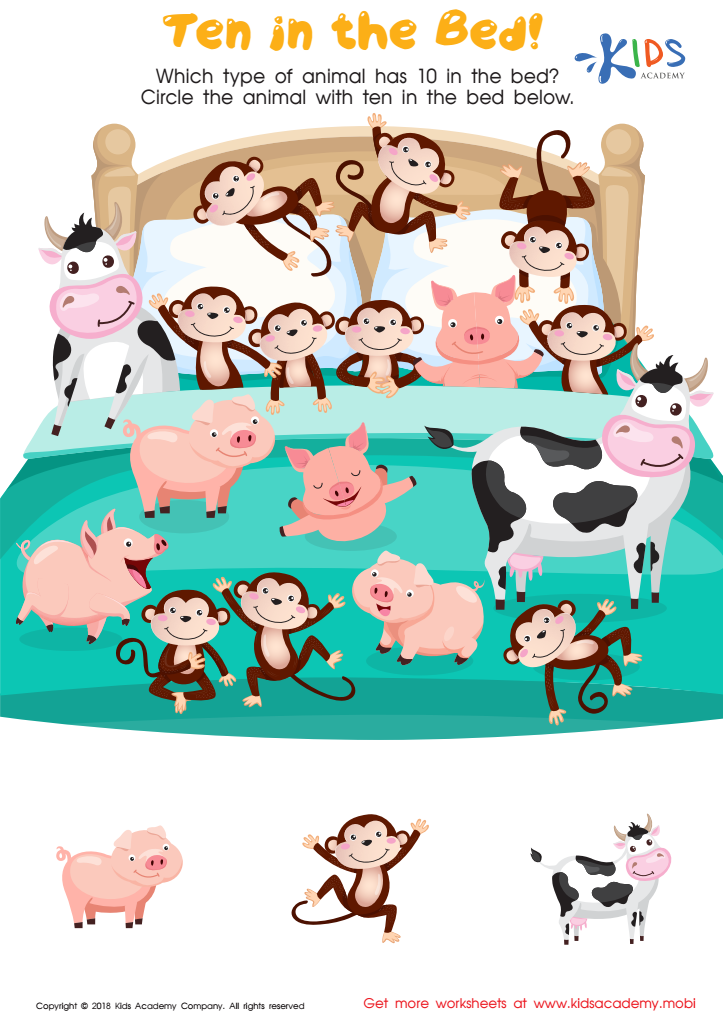

Ten in the Bed Worksheet
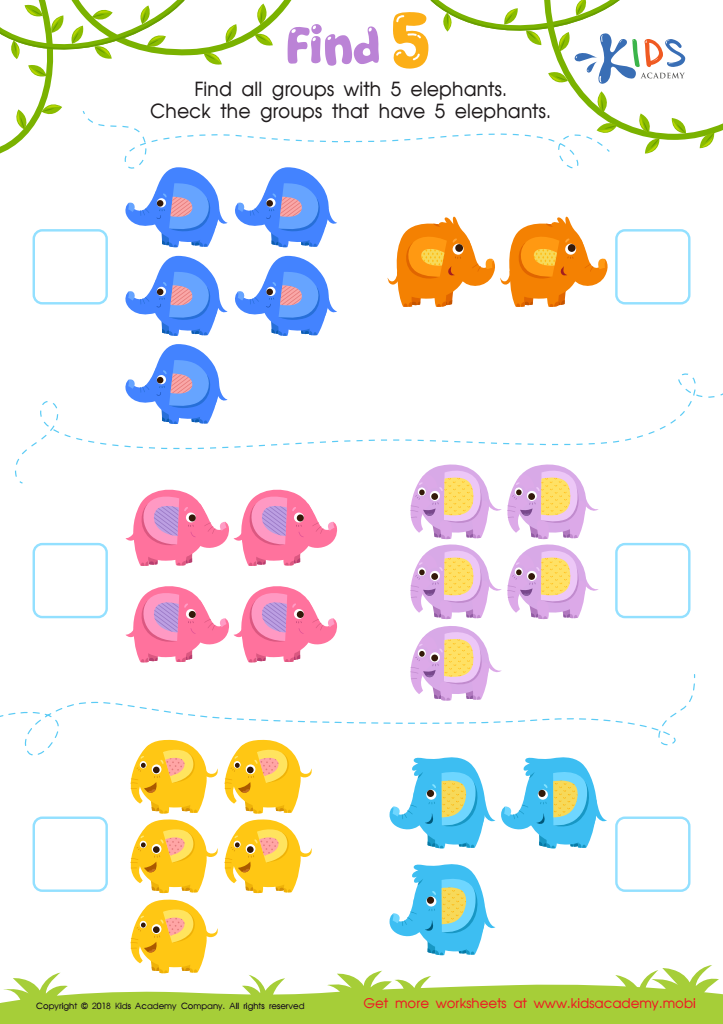

Find 5 Worksheet
Counting skills are foundational abilities vital for children's mathematical development and broader cognitive growth. Parents and teachers play pivotal roles in fostering these skills early on, as they set the stage for more advanced numerical and problem-solving tasks. Moreover, counting skills support children's understanding of quantities, number relationships, and basic operations like addition and subtraction—all critical components of normal science and everyday life.
Developing strong counting skills is linked to better performance in various academic areas. For instance, children who can count accurately are often more proficient in subjects like science, which frequently requires data analysis and pattern recognition. These subjects demand a solid grasp of numbers and their practical applications, underscoring the importance of early numeracy foundations.
Moreover, counting isn't just about rote memorization; it fosters logical thinking and methodical approaches to problem-solving. Engaging young learners in counting activities helps them develop persistence, concentration, and memory. Therefore, by prioritizing counting skills, parents and teachers contribute significantly to a child's academic success and holistic development, equipping them with the tools necessary for navigating wider scientific and math-related fields in the future. This commitment lays a strong educational foundation, encouraging lifelong learning and curiosity.
 Assign to My Students
Assign to My Students



















